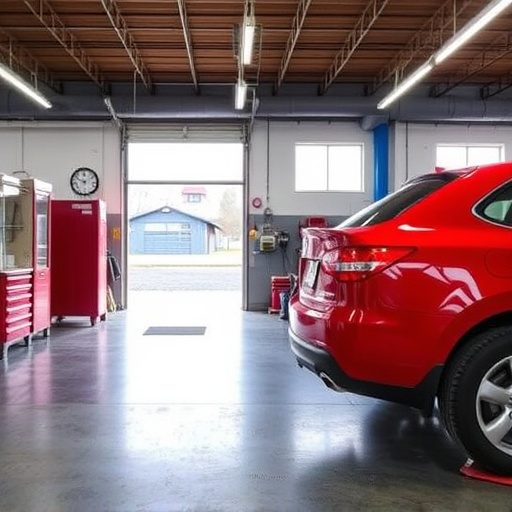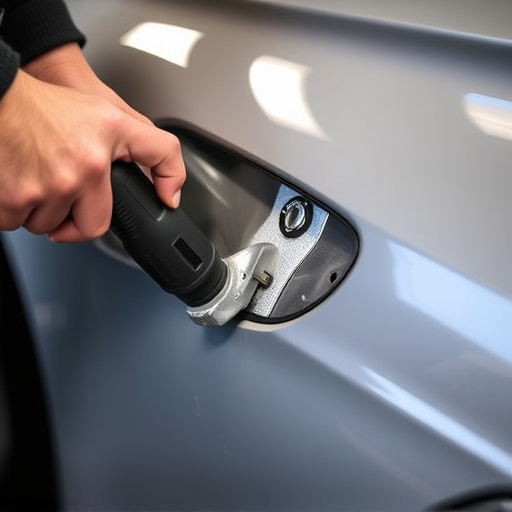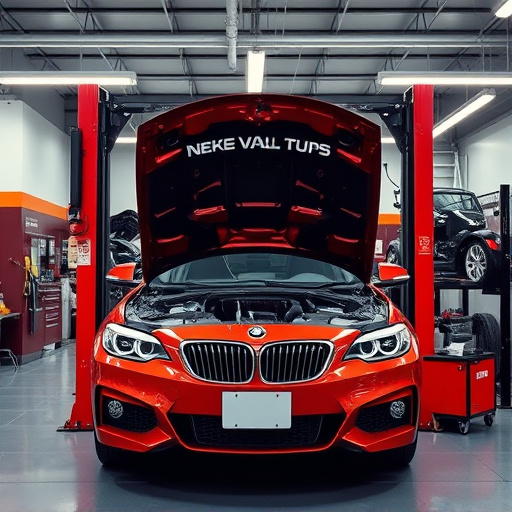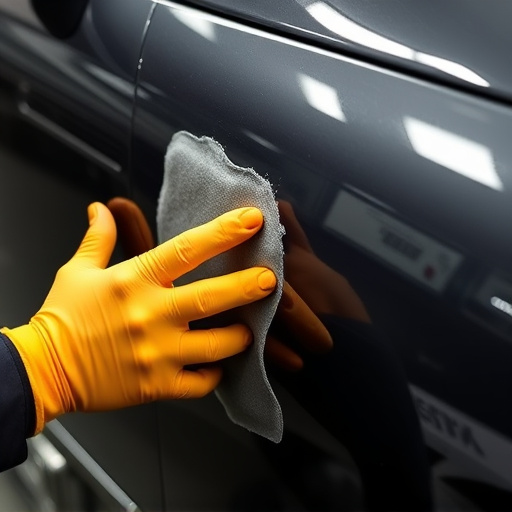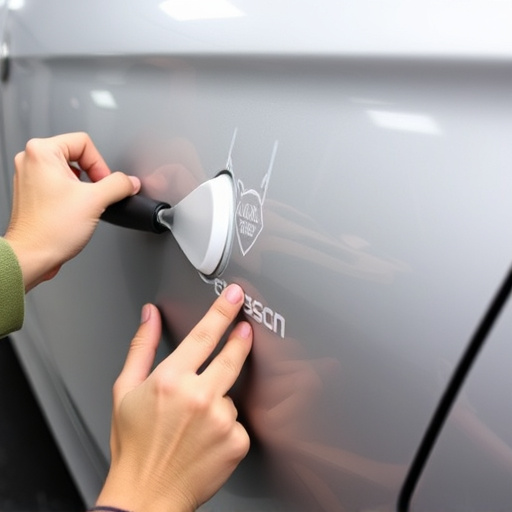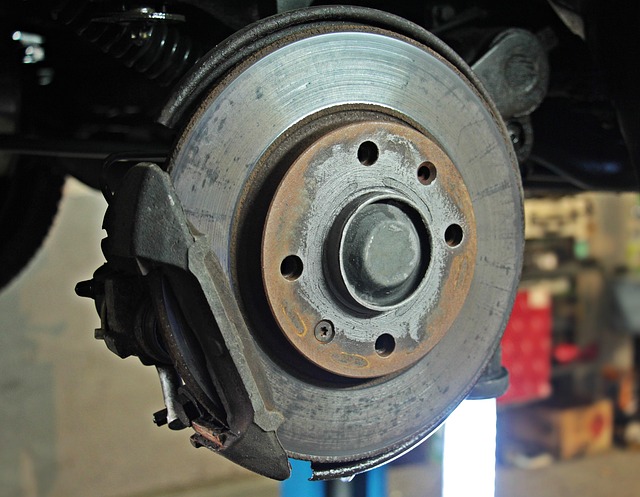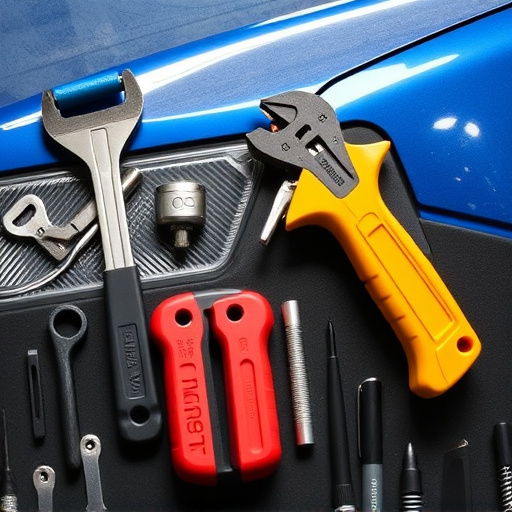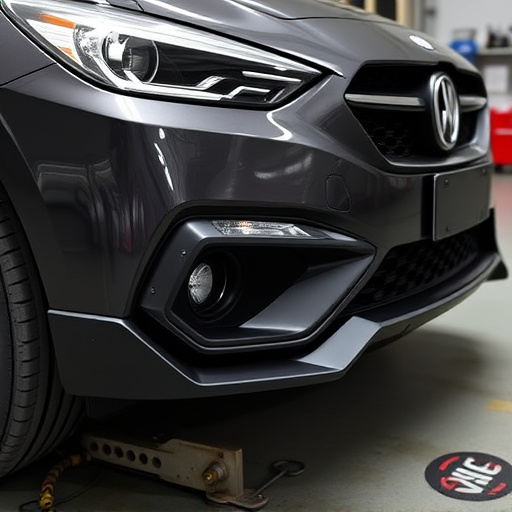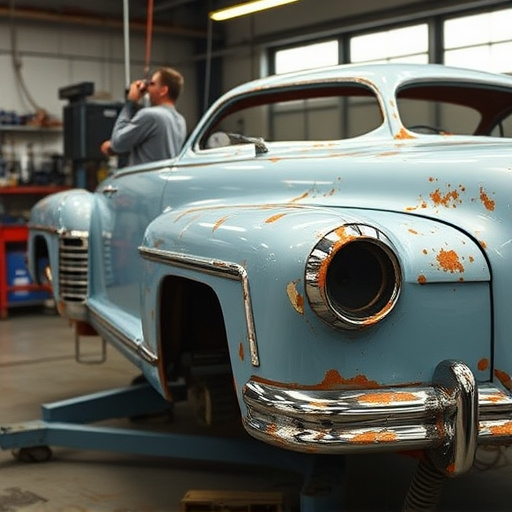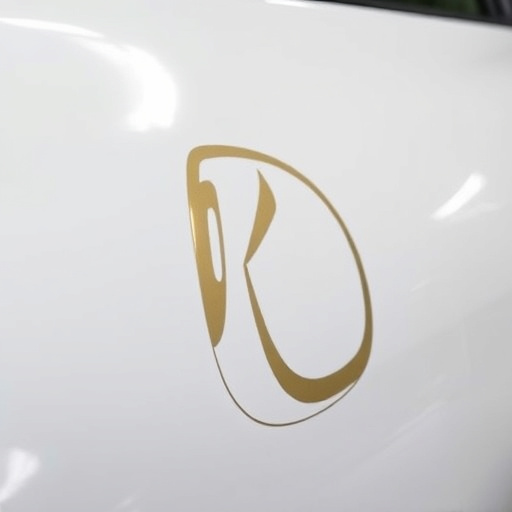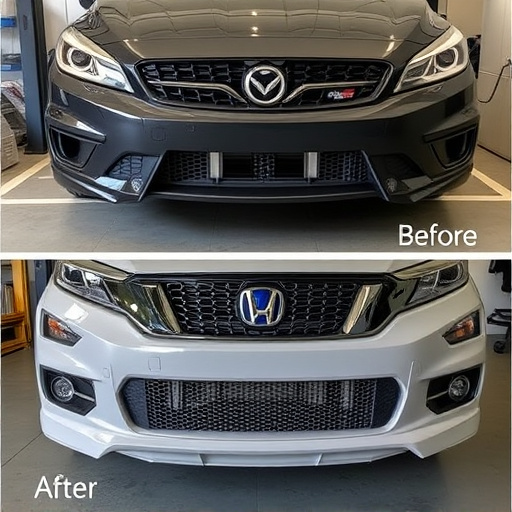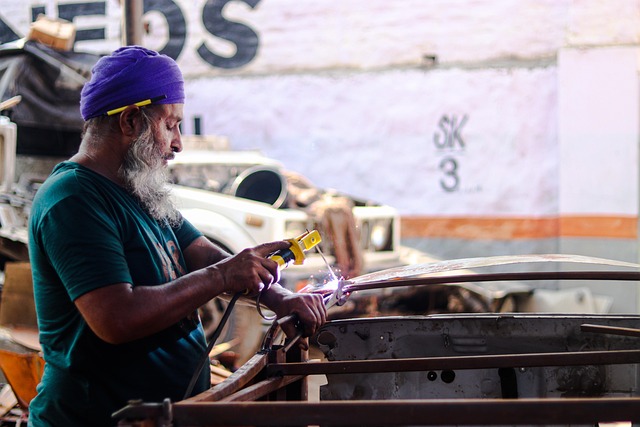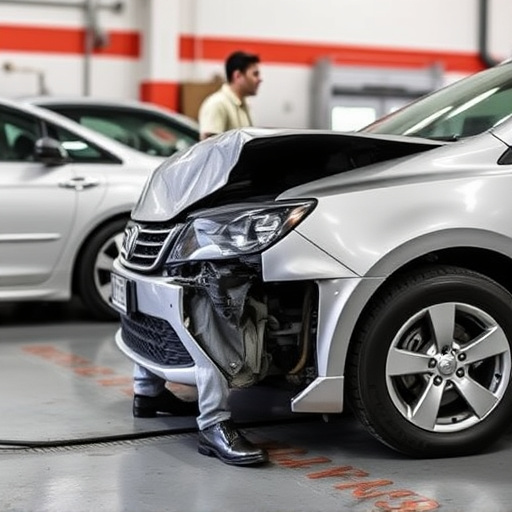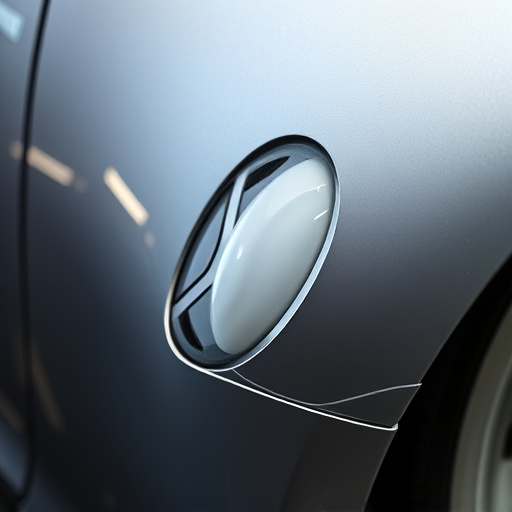Mercedes Distronic, an advanced Adaptive Cruise Control system, relies on regular calibration for optimal performance. This meticulous process adjusts sensors, cameras, and actuators to ensure precise speed regulation and safe distances in diverse conditions. Calibration enhances the system's adaptability to weather, traffic density, and terrain variations, preventing accidents and identifying potential issues early. Regular maintenance through professional body shops ensures peak ACC functionality, contributing to safer all-weather driving experiences for Mercedes-Benz owners.
Mercedes’ Distronic calibration is a pivotal aspect of its adaptive cruise control system, ensuring optimal stability and safety under all conditions. This advanced technology dynamically adjusts vehicle speed to maintain a safe distance from ahead, enhancing driving comfort and security. Regular Distronic calibration fine-tunes the system, improving accuracy and responsiveness, thereby offering enhanced performance in diverse weather and road conditions. Understanding this process is crucial for maximizing your Mercedes’ potential on the road.
- Understanding Mercedes Distronic: The Adaptive Cruise Control System
- Calibration Process: How It Ensures Optimal Performance and Safety
- Benefits of Regular Distronic Calibration for All-Weather Driving
Understanding Mercedes Distronic: The Adaptive Cruise Control System
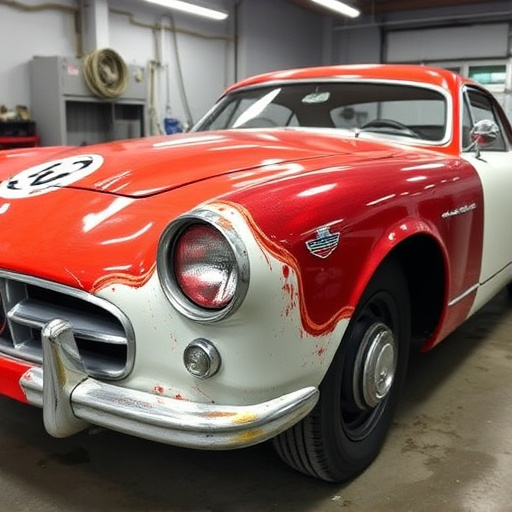
Mercedes Distronic, a sophisticated technology, is the brand’s Adaptive Cruise Control (ACC) system designed to ensure optimal driving stability under various conditions. This innovative feature uses sensors and cameras to monitor the car’s surroundings, adjusting speed and maintaining a safe distance from the vehicle ahead. The system’s intelligence lies in its ability to adapt to different road scenarios, including varying traffic densities and speeds.
By continuously calibrating itself, Mercedes Distronic enhances overall driving experience. Through precise calibration, the system can accurately gauge the car’s position and velocity, enabling it to make instantaneous adjustments to keep the vehicle in its lane and maintain a safe distance. This not only improves safety but also reduces driver stress, especially during lengthy journeys or navigating through heavy traffic. Consider visiting a reputable vehicle body shop for car body restoration if any issues with your Mercedes Distronic system arise, as proper maintenance is key to ensuring its longevity and optimal performance.
Calibration Process: How It Ensures Optimal Performance and Safety
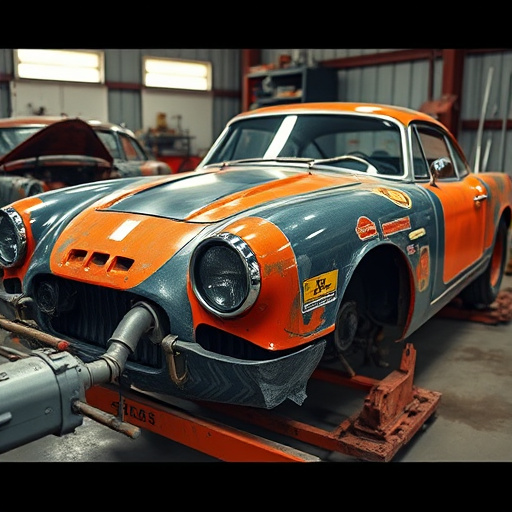
The calibration process of the Mercedes Distronic system is a meticulous procedure designed to guarantee optimal performance and enhanced safety under all driving conditions. It involves precise adjustments to various sensors, cameras, and actuators that make up this advanced driver-assistance system (ADAS). By calibrating these components, the Distronic ensures accurate speed regulation, maintaining a safe distance from surrounding vehicles.
During calibration, specialized tools are used to verify the system’s responsiveness, tracking accuracy, and stability. This rigorous testing simulates diverse road scenarios, including varying weather conditions, traffic densities, and terrain types. Proper calibration not only improves the overall driving experience but also plays a critical role in preventing accidents by enabling the vehicle to adapt swiftly to unexpected changes on the road. Just as regular car paint repair and auto glass replacement maintain the physical integrity of a vehicle, Mercedes Distronic calibration is essential for keeping its advanced safety systems in peak condition.
Benefits of Regular Distronic Calibration for All-Weather Driving
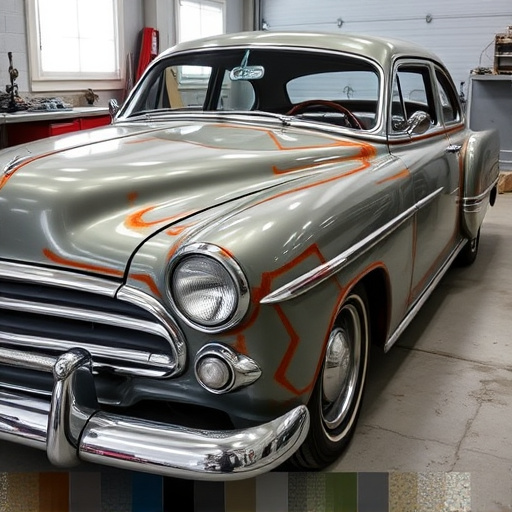
Regular Mercedes Distronic calibration is essential for maintaining optimal system performance and stability, especially during challenging weather conditions. This process ensures that the vehicle’s adaptive cruise control (ACC) system remains accurate and responsive, allowing drivers to navigate safely through adverse weather like rain, snow, or fog. When the Distronic system is properly calibrated, it can adapt to road conditions more effectively, maintaining a consistent following distance to prevent collisions and enhance overall driving experience.
Moreover, routine calibration plays a vital role in preserving the efficiency of the Mercedes-Benz’s active safety features. By regularly checking and adjusting the parameters of the Distronic system, potential issues or inaccuracies are identified early on. This proactive approach prevents minor problems from escalating into more costly repairs, similar to how a regular check-up at a collision repair center helps maintain your vehicle’s overall health. Ultimately, well-maintained Mercedes Distronic calibration contributes to safer all-weather driving and peace of mind for drivers.
Mercedes Distronic calibration is a critical process that enhances system stability, ensuring optimal performance and safety during all driving conditions. By regularly calibrating this adaptive cruise control system, drivers can experience improved accuracy in speed regulation and distance maintenance, even in adverse weather. This, in turn, contributes to a more secure and enjoyable driving experience, making it an indispensable practice for year-round reliability.

